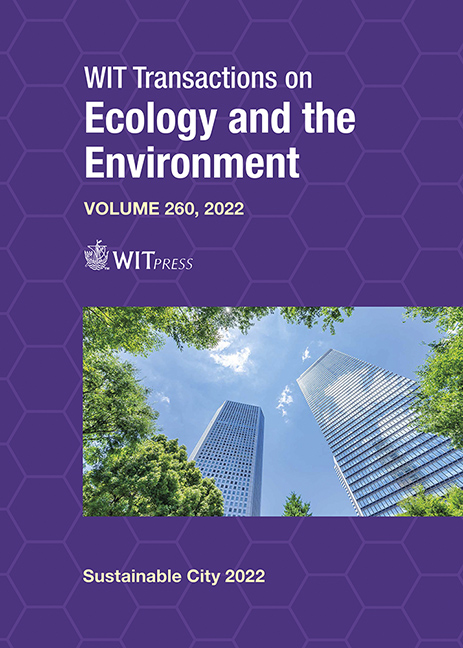REVIEW OF THE EFFECT OF COMMERCIAL FARM EXPROPRIATION ON THE FOOD RETAIL SECTOR IN SOUTH AFRICA
Price
Free (open access)
Transaction
Volume
260
Pages
14
Page Range
327 - 340
Published
2022
Paper DOI
10.2495/SC220271
Copyright
Author(s)
ALFRED A. FAUL, CHRIS E. CLOETE
Abstract
To determine what effect commercial agricultural land expropriation will have on the accessibility of food and subsequently the retail sector in South Africa, this article comprehensively reviewed literature that identified lessons from recent land reform policies of other countries. Limited questionnaires and semi-structured interviews with selected individuals in the agricultural sector were also conducted to complement the literature reviewed. The focus is on large food retailers since these retailers are normally the anchor tenants in shopping centres. Subsistence farmers and convenience retailers such as those at filling stations and independent cafés do not form part of the study. It was found that land expropriation, especially expropriation without compensation (EWC), will have a direct negative effect on the availability, accessibility and cost of food if not done in a responsible manner and governed by law to ensure the process is transparent and fair. The implications are that the need for land reform and the ability of South Africa to produce food at prices which are affordable to the population should be balanced to avoid the economic collapse and social unrest as seen in some other countries.
Keywords
land reform, land expropriation, commercial agriculture, food security, food retail sector, South Africa





